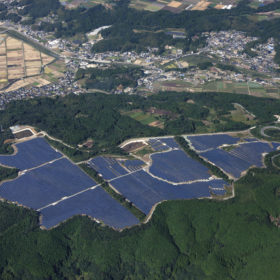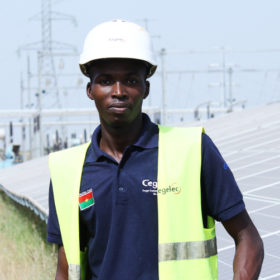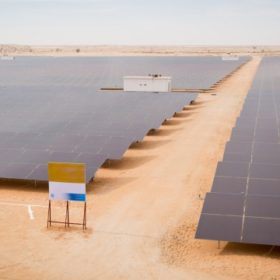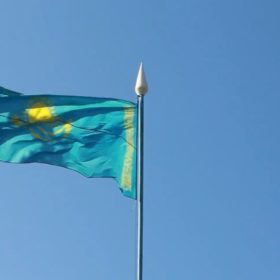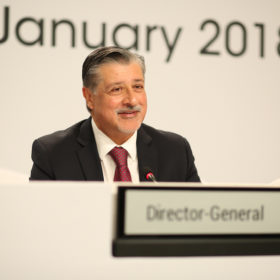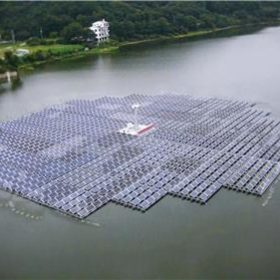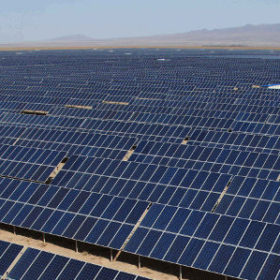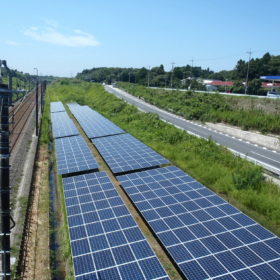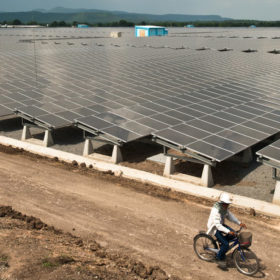Japan to install up to 7 GW in 2018 despite cancellation of 14.6 GW of approved capacity — report
Japan will likely install 6 GW to 7.5 GW (DC) of solar in 2018, from about 7 GW in 2017, despite government efforts to cancel approvals for projects that were registered under the country’s old feed-in tariff (FIT) program, according to a new report.
ECREEE launches scheme to create qualified solar workforce in West Africa
The scheme is being implemented with the support of the West African Economic and Monetary Union (UEMOA), the International Renewable Energy Agency (IRENA) and the German development agency, Deutsche Gesellschaft für Internationale Zusammenarbeit (GIZ).
Masdar, EDF sign MOU to develop sub-Saharan Africa’s off-grid sector
A Memorandum of Understanding (MOU) has been signed by Masdar, the Abu Dhabi Future Energy Company, and EDF SA, the parent company of the EDF Group, to develop off-grid projects in sub-Saharan African countries.
French company attracts $12.7 million funding for Kazakhstan solar project
France-based Urbasolar SAS has attracted around US$12.7 million in funding for its planned 14 MW solar PV project in Kazakhstan.
8th IRENA Assembly: Utility scale solar LCOE falls 73% since 2010
All forms of renewable energy will be cost competitive with traditional generation sources by 2020. This was one of the key findings in the latest report from the International Renewable Energy Agency (IRENA). It was delivered yesterday at IRENA’s 8th annual Assembly in Abu Dhabi.
Solar installations to soar under new South Korean energy plan
South Korea’s total installed renewables capacity will spike to 58.5 GW by 2030, from just 11.3 GW at present, under a new energy plan that prioritizes solar and wind development over nuclear generation.
China to tackle curtailment with new PV monitoring system
China’s National Energy Administration (NEA) has revealed plans to monitor and evaluate PV projects to help channel investment into parts of the country where solar curtailment is less of a problem.
Japan may surpass 2030 PV target of 64 GW within two years — RTS
Japan may reach its 2030 solar installation target of 64 GW about 10 years ahead of schedule, according to a new report by PV consulting firm, RTS Corp.
Thailand’s bigger RE ambitions may lead to economic renaissance – IRENA
Increasing the role of solar PV in its energy mix from 6 GW to almost 17 GW is one of IRENA’s key recommendations for Thailand. Noting that RE national targets could be comfortably surpassed by a quarter to reach more than 37% by 2036, its report finds more ambitious deployment could save over US$9 billion annually, proving to be a major turning point for the entire economy.
ADFD and IRENA invite application for renewables funding for developing countries
ADFD and IRENA invite application for renewables energy projects as it enters fifth round of funding, having already made 100 MW of clean energy available to developing nations throughout the world.
